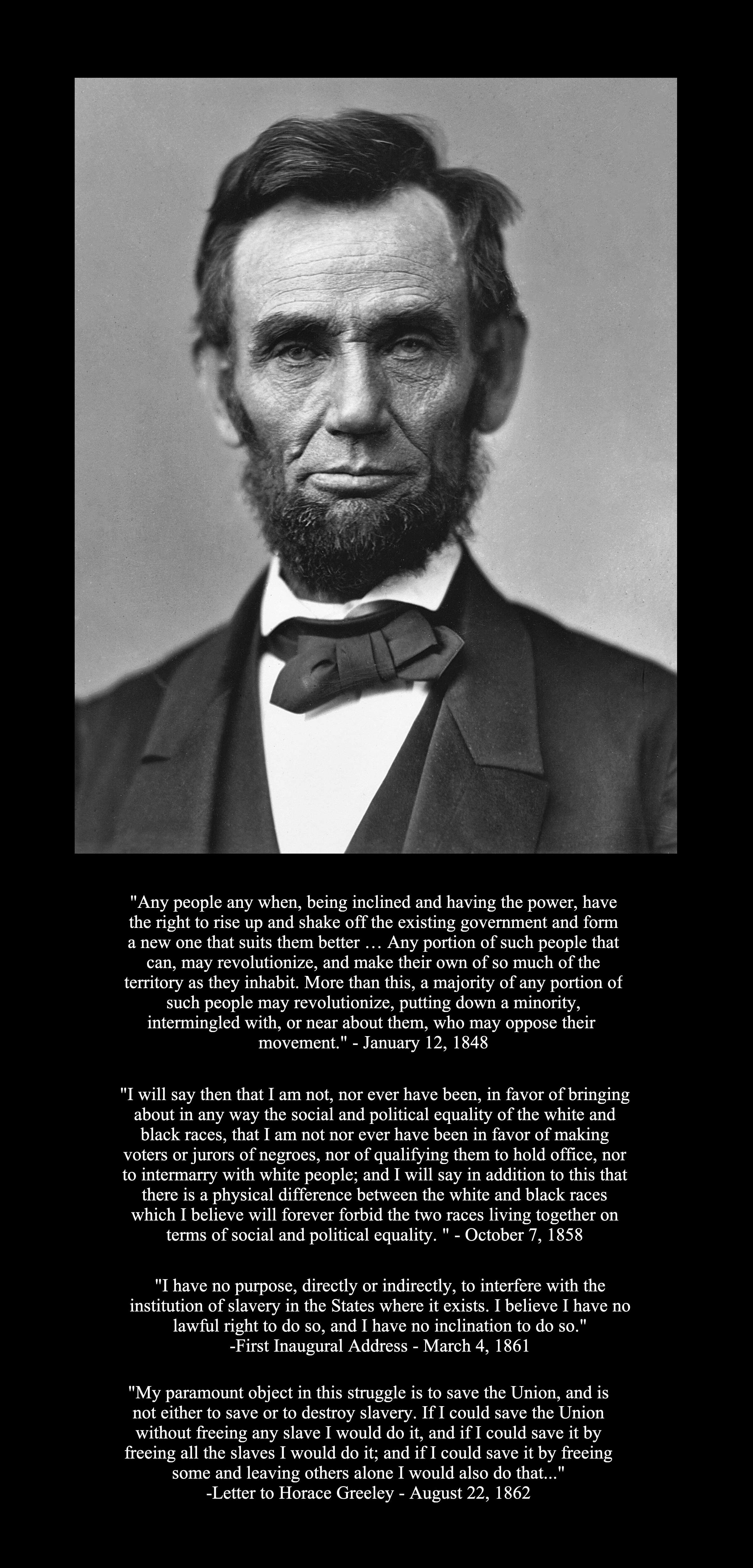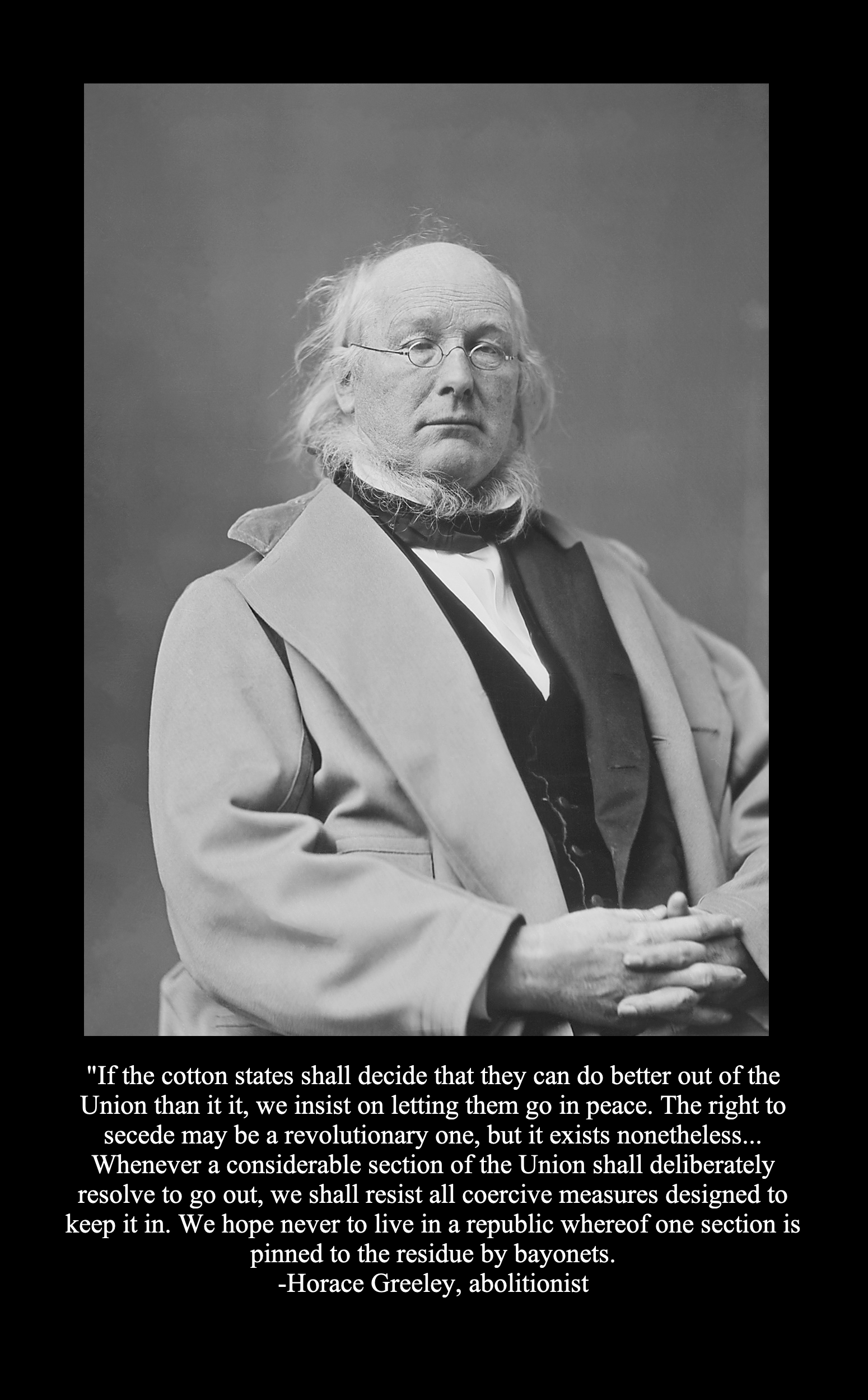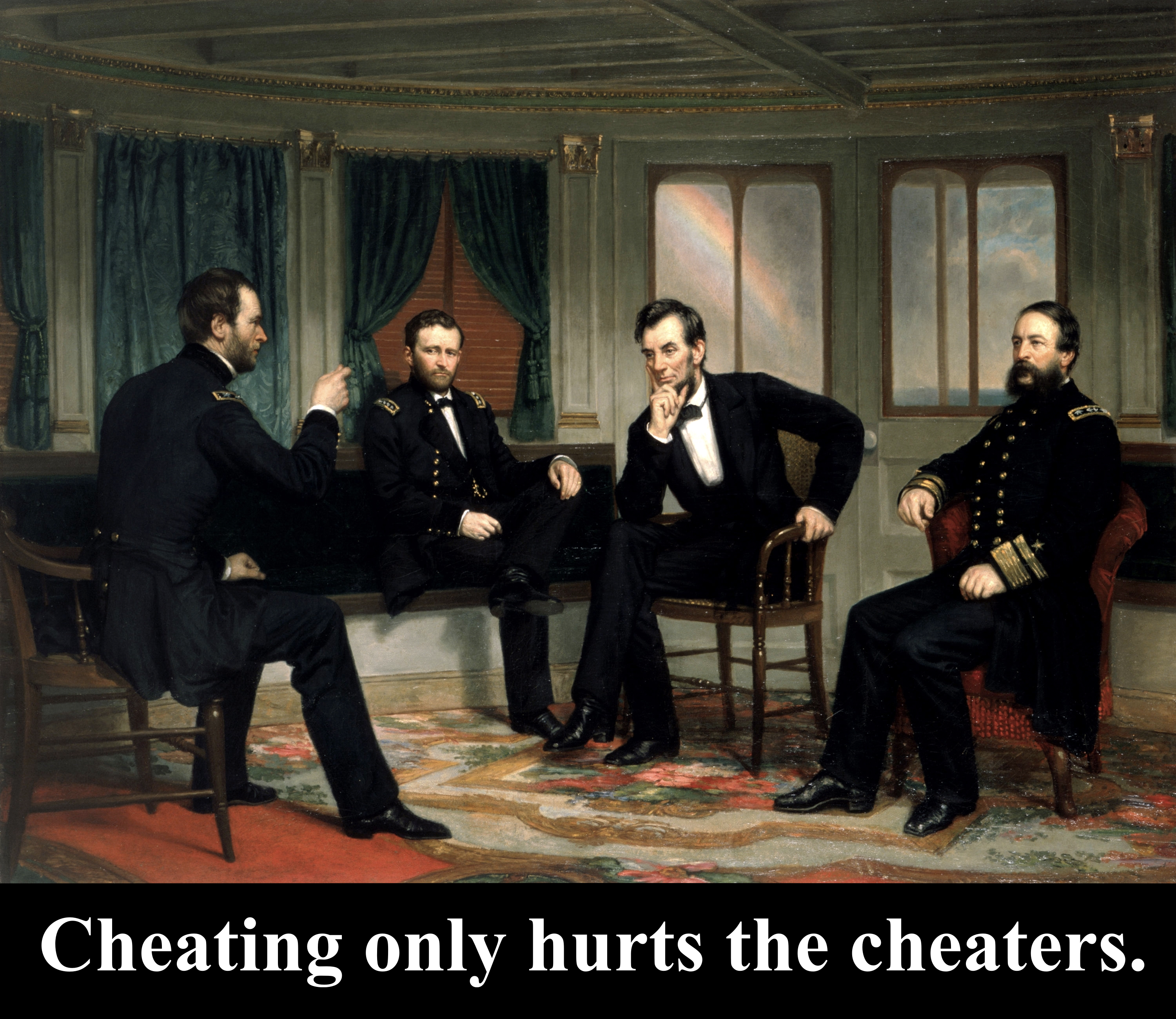
Art Dump, 4/15/2024
A lot of Civil War stuff today since it’s the 159th anniversary of President Lincoln’s death.






A lot of Civil War stuff today since it’s the 159th anniversary of President Lincoln’s death.






Ben-Hur: A Tale of the Christ by Lew Wallace
My rating: 4 of 5 stars
Written by Union Civil War General Lewis “Lew” Wallace, the first fictional work of literature blessed by a Roman Catholic Pope (Leo XIII), and the inspiration for numerous live-action and animated film adaptations, Ben-Hur opens with the Three Magi: Gaspar the Greek, Melchior the Hindu, and Balthasar the Egyptian, visiting the newborn Jesus Christ in Bethlehem. Twenty-one years later, the Roman Messala and the titular Jewish protagonist, Judah Ben-Hur, have a rivalry, with the latter being sent to galley slavery for life after a tile from a home whence he witnesses a procession nearly kills the new procurator of Judea, Valerius Gratus.
A few years later, Ben-Hur labors as a galley slave aboard a ship commanded by Quintus Arrius, who is fascinated by the young Jew and thus adopts him as his son. In Antioch, Judah sees Messala again and yearns to rival him in a forthcoming chariot race while hearing of a Messiah speaking of a greater kingdom, not of the Earth. The race transpires, but the results are contested, with northern barbarians dispatched to kill the Jew when he finds himself in an empty palace following the games. However, a maneuver involving his falsified demise allows him to escape.
Afterward, Pontius Pilate succeeds Valerius Gratus as governor of Judea, and Ben-Hur seeks his mother and sister, who went missing after the incident that led him into slavery in the first place. He eventually meets the prophesized King of the Jews, witnessing His miracles and returning to his former palace. Throughout the book, Judah befriends Balthasar’s daughter Iras, who talks of an escaped galley slave Jew who murdered others when they reunite. Messala’s fate receives its resolution, Judas Iscariot betrays Jesus, and the Messiah is crucified, having refused the throne of His ancestor David.
While I had read this around a decade ago, it didn’t very well stick with me, but I remembered some elements. However, I enjoyed Ben-Hur more with my recent reread. The historical and geographical tidbits indicate that Wallace did his research, with the names of the Wise Men and their respective countries of origin adding nice touches. I could well relate to the themes, within and without my Christian faith, and while there were many portions I somewhat skimmed, I could still follow the central plot well. Granted, much of the dialogue is awkward, such as “Unclean, unclean!” regarding lepers, but Ben-Hur is a must-read for any Christian book enthusiast.

Since I reject Jeffersonian philosophy. I bet most Americans haven’t actually read the Declaration of Independence in its entirety, and I’m sure Lincoln didn’t either in his famous Gettysburg Address, given some of the rhetoric one will encounter in the section detailing the offenses allegedly committed by King George III, and it was pretty much a hypocritical propaganda piece, with the Founding Fathers generally being men of privilege seeking to protect their own wealth rather than everymen, so one could argue that America was essentially founded upon hypocrisy and the lie that “all men are created equal” (if that were so, everyone would be of equal class and ability).
I also somewhat think the document to be sacrilegious in that it invoked the name of the Creator then didn’t didn’t extend the “rights” to everyone like the “merciless Indian savages” it condemned, although from one of my English classes in high school I know Thomas Jefferson had condemned slavery in previous drafts, which to be showed that slaves were actually held in somewhat higher regard than the Native Americans, since they did contribute to the American economy, even if forcibly so. I further think statements of the American Revolutionaries like “No King but Jesus!” were blasphemous since the Bible says Christ is “King of Kings, Lord of Lords, Master of Masters.”
I think generally the main reason none of this comes up in discussions about United States history, particularly the Southern Independence War, is that the looney American patriots and those who defend the Confederacy tend to paradoxically be one and the same, and vice versa. I actually think the Thirteen Colonies would have been better off staying with Britain, since it would become a more peaceable country within the following century, given the establishment of Canada as a Dominion, and I imagine that today, Texas would either still be independent or a Canadian Province, and endless resources wouldn’t have been squandered in the name of America extending its own imperialist foot across the world.
Since it’s Sunday, I’ll also mention that Sigmund Freud had said the invisible commandment of all religions is “thou shalt not question,” though I think that could really apply to many subjects such as politics, science, and journalism, but in some cases people only selectively question points of conflict, instead of all. In the entertainment industry, as well, there are many books, movies, and video games that are treated as untouchable, regardless of whatever flaws they may actually have, and those who dare question their hypothetical infallibility fall victim to their countless apologists. As far as media goes, their quality, good or bad, is in my mind strictly a point of view rather than fact.